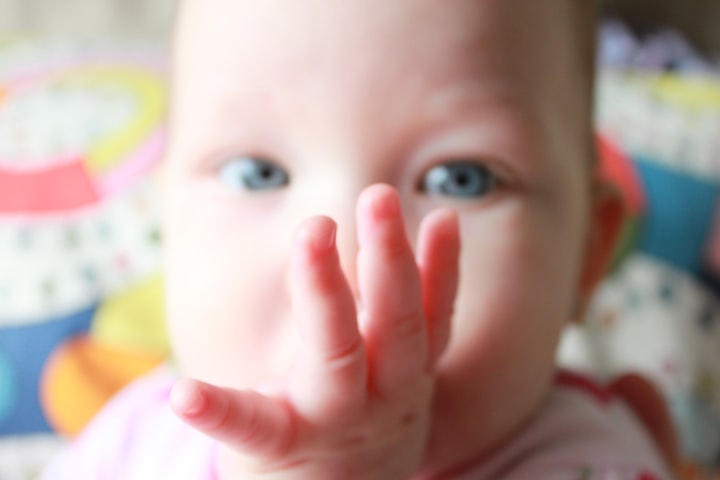What does the child feel and think when the parent's divorce?
Divorce inevitably happens in every person's life. Already at birth, the newborn separates from a "paradise" called the mother's womb. As time goes on, the baby also divorces from its mother's breast. He then starts attending kindergarten. Sometimes, when moving to another place of residence, you have to leave your parents and friends.

Each divorce process has two sides to the coin. Although it causes pain and leaves scars, there is a free space for something new, good. It promotes the development of autonomy and is a necessary condition in the development process. If we have read a book in the library of life, then we need to set it aside to make room for a new book.
The following stages can be distinguished in the process of divorce:
- Latent divorce (loss of intimacy, conflicts, ambivalence, doubts).
- Decision- making stage (divorce or living alone for some time).
- Acute grief and protest reaction.
- Loss awareness and depression.
- Adoption and adaptation stage.
- Integration of loss into personal experience and return to "life".
If the spouses manage to survive all these stages, then their future life will not be fixed in trauma.

What does the child feel and think when the parent's divorce?
Divorce causes a lot of fear in a child:
- fear of being abandoned;
- fear of never seeing mom or dad;
- fear that he will no longer be loved;
- fear of change (how will we live now?);
- fear of becoming bad (leave me because I don't love, so I'm bad, at fault);
- fear of losing myself (if there is no father who was a part of me, then now I do not know who I am - if there is no family, who am I now?);
- fear of parents (that something bad could happen to them);
- fear of further betrayal;
- fear of parental aggression and depression
Example. After the divorce and the father's departure from the family, the relationship between the mother and her fourteen-year-old daughter deteriorates sharply. At some point, the girl leaves the house and hides from her mother for a week. In family psychotherapy, the girl admits that the most difficult thing for her was to see her mother every night crying in despair, lying in bed for days, looking at the ceiling, or "tied up" and organizing scandals: "I couldn't look at her sad face!" Leaving home for a girl was like running away from depression.
In case of divorce, the child may experience:
- masochistic personality traits - he becomes a victim, tries to take care of each other more than himself, sacrifices himself for recognition, which reduces guilt and self-confidence;
- paranoid personality traits - constantly blaming others, there is a feeling that no one loves him, everyone uses, cheats, and betrays (he will need to create a conflict in order to show that others are bad);
- avoidant personality traits - will be afraid of the close relationship
Mom and Dad love you!
Psychotherapists and psychologists recommend that in case of divorce, parents should definitely tell the child that they will always be loved. However, this recommendation should not be used in any situation. The specific case must be taken into account. The child must say what is true so that the child does not cause abnormal fantasies and internal conflict.
For example, a woman divorces her husband because he is physically abusive and her son has seen it. Needless to say, Dad is good, he loves you and his parents just argued. Then it will help the son identify with the aggressor and blame the whole mother. It is better, to tell the truth: “I loved my father, I had a hard time deciding with him, but a man must not beat his wife and children. It is forbidden. "
Or the husband goes to another woman and forgets about the baby. Once every six months, the father appears with symbolic gifts and, looking into the child's eyes, says softly, "I love you very much." But what will the child think? The question will arise - if Dad loves me so much, then why not come, call and take care of me? To somehow alleviate these contradictions, the child finds an explanation that the mother is to blame and that she did something such that her father left her.
However, the child must be convinced not only that his father and mother will still love him after the divorce, but also that he himself has the right to love both parents.
About the Creator
Enjoyed the story? Support the Creator.
Subscribe for free to receive all their stories in your feed. You could also pledge your support or give them a one-off tip, letting them know you appreciate their work.






Comments
There are no comments for this story
Be the first to respond and start the conversation.